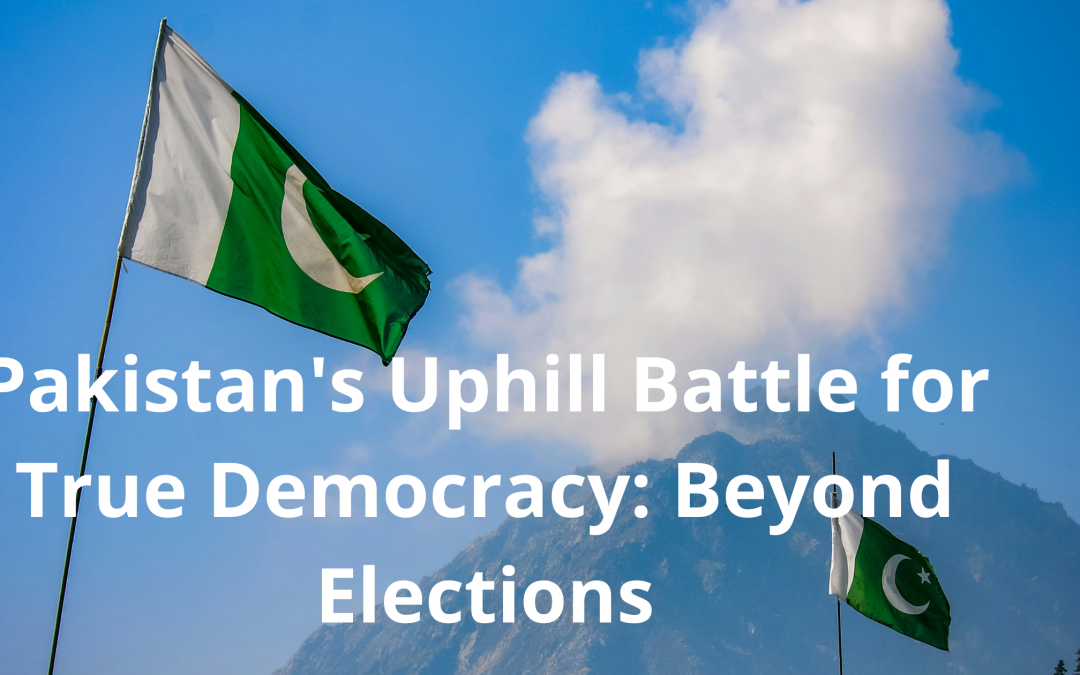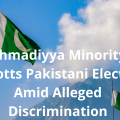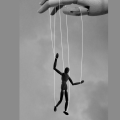In the political landscape of Pakistan, the looming specter of power plays and abuses casts a long shadow over the democratic process. As the nation prepares for parliamentary elections on Feb. 8, the narrative of manipulation and suppression persists, undermining the very essence of democracy. The recent crackdown on opposition parties, media censorship, and shrinking space for civil society underscore a troubling reality: Pakistan needs more than just elections to be a democracy.
The anticipated return to power of Nawaz Sharif’s Pakistan Muslim League-Nawaz hints at a recurring pattern of political alliances and power struggles. However, the journey to this point has been marred by allegations of repression and manipulation. The marginalization of political opposition, exemplified by the crackdown on Imran Khan’s Pakistan Tehreek-e-Insaf (PTI), paints a grim picture of Pakistan’s democratic fabric.
The playbook of Pakistani politics has seen decades of manipulation and erosion of institutional integrity. Direct military rule and indirect control have corroded the foundations of democracy, rendering elections seldom “free and fair.” The cycle of forming alliances with the military, followed by crackdowns on opposition voices and stifling of media dissent, has become all too familiar.
The 2018 elections epitomized this cycle, with allegations of vote-rigging and repression casting doubt on the legitimacy of the electoral process. Sharif’s conviction on corruption charges and subsequent exile further underscored the fragility of Pakistan’s democratic institutions. Journalists faced threats and censorship, highlighting the precarious state of press freedom.
The ousting of Khan’s government in April 2022 marked a turning point, culminating in his conviction for violating the Official Secrets Act of 1923. Sharif’s return from exile and the formation of a coalition against Khan’s party signal a continuation of Pakistan’s tumultuous political landscape.
However, the root of Pakistan’s democratic deficit lies beyond mere political maneuvering. The disregard for the 2006 Charter of Democracy and the erosion of fundamental freedoms paint a grim picture of human rights in the country. The crackdown on media, civil society, and grassroots political leadership stifles dissent and perpetuates a culture of political intolerance.
The judiciary’s interference in political disputes undermines its independence, while politicized appointments erode the credibility of the Election Commission of Pakistan. Discriminatory laws disenfranchise marginalized communities, further exacerbating Pakistan’s human rights crisis.
To pave the way for true democracy, Pakistan’s leaders must transcend the politics of division and polarization. Elections should not be viewed as mere avenues for acquiring power but as opportunities to uphold human rights and democratic principles. Fostering a culture of political tolerance and respect for fundamental freedoms is imperative to address the underlying challenges facing Pakistan.
The journey towards democracy is fraught with challenges, but it is a journey worth undertaking for the betterment of Pakistan’s citizens. Only through genuine commitment to human rights and democracy can Pakistan overcome its present state of political instability and pave the way for a brighter future.





